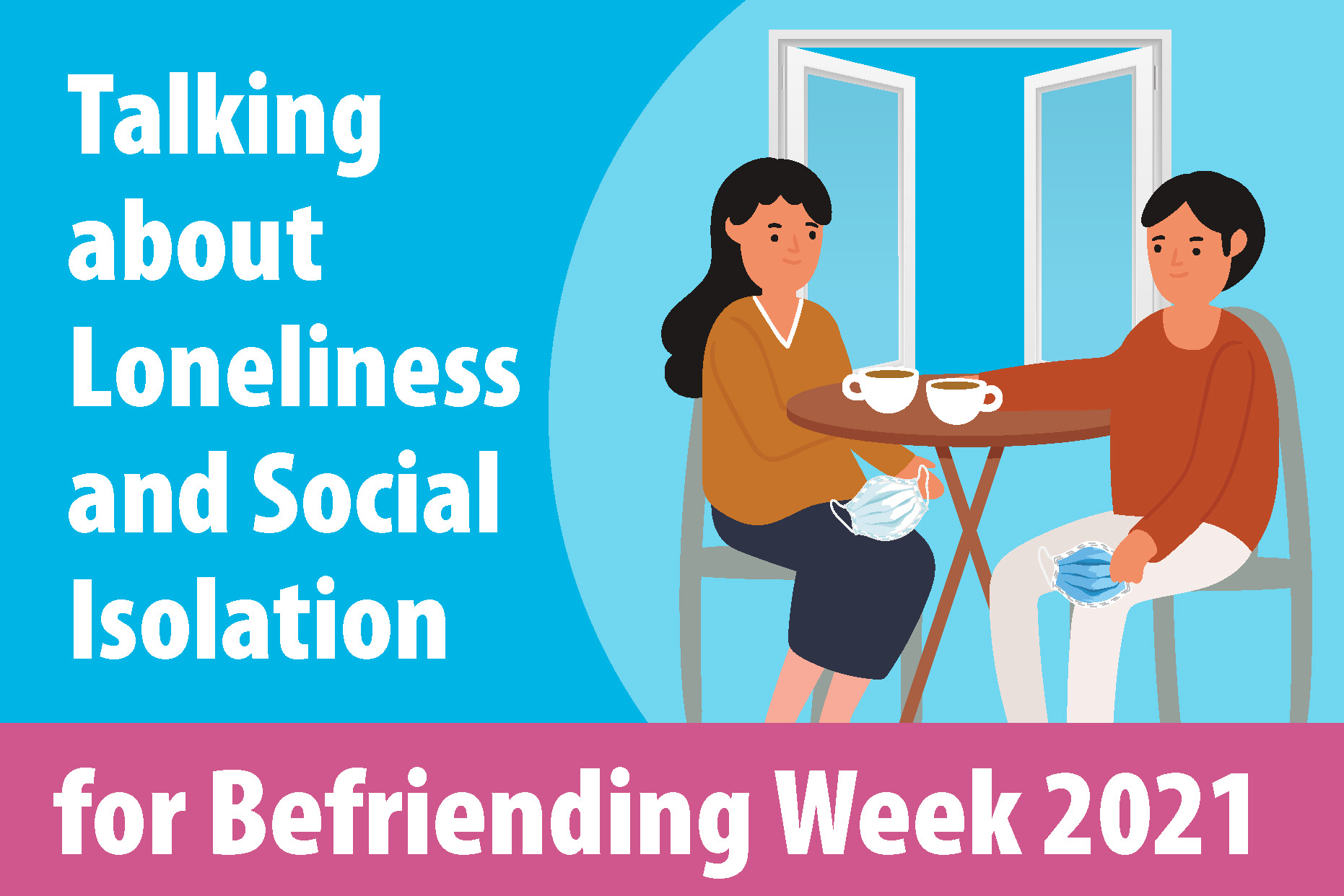
Warwickshire residents who feel lonely or socially isolated are set to benefit from a countywide campaign all of this week (1 – 5 November), which looks to provide advice about health and wellbeing
Warwickshire residents who feel lonely or socially isolated are set to benefit from a countywide campaign all of this week (1 – 5 November), which looks to provide advice about health and wellbeing, signpost to local support services and offer tips and advice on beating loneliness and isolation.
According to research, loneliness is said to be as harmful to health as other well-known risk factors such as obesity and smoking cigarettes and substantial evidence shows that having a lack of social connections can significantly increase the risk of premature mortality, so finding ways to help residents suffering from isolation is one way we can improve overall health for everyone.
What do we mean by loneliness? According to mental health charity Mind, “loneliness is the feeling we get when our need for rewarding social contact and relationships is not met. But loneliness is not always the same as being alone.” People can have a few social contacts and not feel lonely, or they may have many social contacts and still feel lonely.
In a recent survey undertaken across Warwickshire, half of respondents reported experiencing loneliness. A figure which is echoed on a national level, with research conducted by the Campaign to End Loneliness finding that 45% of adults – the equivalent of 25 million people - feel occasionally, sometimes or often lonely.
We know that people were already feeling lonely or socially isolated prior to COVID-19 and the pandemic has compounded this, as people have been cut off from family, friends and work colleagues, with many having limited social contact and access to support networks during the numerous lockdowns.
People with existing health conditions have had to shield and isolate, making them particularly vulnerable to feeling lonely and working patterns have changed for many, with more people either working from home or becoming unemployed. It isn’t just those of working age or with pre-existing health conditions who have been affected, younger people have also reported experiencing loneliness since the pandemic struck, sometimes for the first time.
The good news is that there are things we can all do to get connected with other people and reduce the likelihood of feeling lonely. This campaign will highlight ways in which everyone can stay in touch with friends and family, either virtually or person to person. Getting involved with a hobby club, virtual coffee and chat sessions, spending time outside and seeking advice from professionals and many more will feature across the campaign.
Councillor Margaret Bell, Portfolio Holder for Adult Social Care and Health said:
“Loneliness and social isolation has seen an increase because of the pandemic but, through the use of local support services, we are providing new ways of linking those residents who feel on their own.”
She added:
“Thanks to our enhanced support systems we are able to help direct services, such as mutual aid groups, to operate at neighbourhood levels. Through our community teams we are re-engaging with the most vulnerable once again, be this face-to-face or via the phone or computer, and we would urge everyone to look out for those elderly and vulnerable neighbours who may need support.”
Those in need of help and support can look out for resources and help on WCC’s social media channels (Twitter @Warwickshire_CC, Facebook @WarwickshireCountyCouncil or Instagram @bestwarwickshrie) or visit the website at www.warwickshire.gov.uk/mental-health-wellbeing/talking-loneliness
People looking for general support with their mental health and wellbeing can find lots more advice at www.warwickshire.gov.uk/mentalhealth.
We want everyone to feel safe and supported, so for those who may be having thoughts of suicide or significant self harm, or who know someone that is, help and support is available now. Please visit www.dearlife.org.uk/ for crisis support. Alternatively, telephone the Samaritans on 116 123.